Not long ago, China was aggressive both in words and actions. Its diplomats pursued a “wolf warrior” strategy. They claimed that China’s rise was unstoppable and that the other nations would simply have to get used to this new reality. The Chinese navy sought to dominate the South and East China Seas, and the Chinese army provoked Indian forces in the Himalayas.
Now, suddenly, Chinese President Xi Jinping has gone from Rambo to Romeo. He visited San Francisco, California, on November 14 for the Asia-Pacific Economic Cooperation summit. His tone in California was all about cooperation, not rivalry.
In reality, this shift began over a year ago. For the last 18 months, both China and the US have been making abortive attempts to lower the temperature of their relationship. Each attempt failed largely due to domestic circumstances in both countries. In February 2023, a Chinese intelligence-gathering balloon flew over the US. Xi had not been aware of the operation, but the US detected the balloon and eventually shot it down. Then, the US accused China of spying, forcing China to respond defensively and make counter-accusations. So, Xi could not take a friendly tone for another few months. Now, the time for demonstrating friendship has come.
A weakening China tries to make friends
After years of belligerence, why is China trying to lower tensions with the West? China’s economic prowess, the basis of its political and military power, is ebbing.
For a long time, China was the fastest-rising large economy in the world, with eye-popping growth rates of 8% per year. This was largely the result of a large, mostly agrarian nation modernizing its economy with (often stolen) foreign technology. Now, China is a world leader in many cutting-edge technologies. . China can no longer hoist itself up with others’ help, and it will not see the same growth that it saw in the past.
The disastrous zero-covid policy, trade wars with the West, and the policies of reshoring, nearshoring and friendshoring have taken their toll on China’s economy. Exports are down, and so is employment. Meanwhile, China’s unemployed youth are taking to the temples for solace or help.
More fundamentally, China’s population is shrinking. Decades of the one-child policy have created an economy of only children burdened with taking care of the older generation. Unlike people in the West, elderly Chinese cannot look to a social safety net for help. China has no social security programs like Europe or the US.
So, older people must rely on their savings. Unlike in the West, where retirement funds are typically invested in a robust mix of stocks and bonds, the Chinese financial industry is not as developed. Most household savings are invested in real estate. But the real estate sector is deeply unhealthy. It has long been managed by corrupt provincial and military officials who allowed unwise investments. China’s cities are dotted with hastily-built, shoddy apartment buildings that cannot find tenants. Real estate developers put themselves into debt to construct these edifices and find they cannot recoup their investment. So, the Chinese real estate industry may well be on the verge of collapse. If it goes down, it will take the retirement savings of hundreds of millions of people with it.
China knows that if it is going to weather this collapse, it will not be able to do so alone. It must diversify its economy and build interdependence with foreign partners, including the US, rather than relying on domestic growth driven by questionable real estate development.
What did Xi say in San Francisco?
In San Francisco, nothing particularly groundbreaking was announced. Much of what typically gets said at summits like these is boilerplate, and most of the policy announcements had been telegraphed in advance. But China launched a major charm offensive.
The most notable line in Xi’s November 15 speech was this: “The number one question for us is, are we adversaries or partners?” China, Xi said, “is ready to be a partner and friend of the United States.” Xi’s question is, to all appearances, an honest one.
The sentiment does not seem to be shared in Washington. If you go to the White House website, you will see language of “strategic competition.” The White House insists that it will always stand up for its values and partners against Chinese aggression. Still, the US does emphasize the importance of managing competition responsibly and making sure that it does not spiral out of control.
After the conference, US President Joe Biden made plenty of headlines by labeling Xi as a “dictator.” Instead of reacting with anger and counter-accusations, however, Chinese officials attending the dinner were quick to dismiss the comment, placing blame on the media for cornering Biden with a “gotcha” question. It is clear that they want the overall tone of the summit to be cooperation, not competition.
Moving on to specifics, Xi courted the business community and tried to make it more attractive for multinationals to keep doing business in China. Xi promised that China would relax restrictions on foreign investment and more rigorously protect investors’ rights within the country — including intellectual property. This is a new tune, not what the Chinese were singing even a few months ago. Historically, China has sought to gain an advantage over Western competitors by ignoring patents and copyrights.
China and the United States also discussed cooperation on areas of mutual concern. China promised to help prevent the trafficking of fentanyl into the US, even making a few arrests in the lead-up to the summit. China and the US resumed military-to-military ties, increasing communication in order to avoid unwanted escalation following incidents. They also discussed taking steps to mitigate the risks posed by climate change and the military use of AI.
It’s important to note that when China and the Us make statements like these, their intended audiences are not primarily each other but the rest of the world that is watching. China, evidently, wants to appear more trustworthy and less threatening, a better business partner. Meanwhile, the US wants to emphasize that it is a trustworthy security partner. So, China is talking friendship, and the US is not.
Chinese interests have not essentially changed. Its strategic interest in controlling its barrier seas and Taiwan has not gone away. So, it is talking about friendship and multilateralism now, but we must remember that China has always been willing to make bilateral deals — as long as they benefit China.
What the US needs and continues to enforce, on the other hand, is rules-based free trade on the seas. Unfortunately, in this department it is suffering from a self-dealt injury. Donald Trump scrapped the Trans-Pacific Partnership, which would have functioned as the cardinal strategic response to China’s rise. Now, there is no there is no political will in Washington for a new free trade agreement. Even Democrats now oppose such moves, tying Biden’s hands. So, the US has undermined the credibility of its own rules-based trade order, which incentivizes other nations to choose a more reliable partner than the schizophrenic US.
All that said, although the media seem to think that nothing much happened in San Francisco, they are wrong. What China and the US did was heal much of the damage done in the last few years of worsening relations. They reestablished lapsed cooperation agreements. The summit represents the culmination of the US’s characteristic foreign policy — cooperation where cooperation is possible and competition where competition is necessary — which had fallen by the wayside in the Trump and Biden years.
For now, China seems to need the US somewhat more than the US needs China. The US is in a lot of debt, but the US dollar is the world’s reserve currency, so as long as it manages inflation rationally the Federal Reserve will be able to manage this debt just fine. And the dollar’s status as reserve currency is not about to change any time soon.
Still, the US is not immune to economic damage, even if it does not face the same existential economic threats that China does. If a full trade war were to spiral out, a lot of campaign donors, as well as the average voter, would feel the pinch. So, members of Congress are on the hook to some degree to get along with China. This means that we are more likely to than not to keep seeing cooperation between the world’s two economic powerhouses.
[Anton Schauble wrote the first draft of this piece.]
The views expressed in this article/video are the author’s own and do not necessarily reflect Fair Observer’s editorial policy.










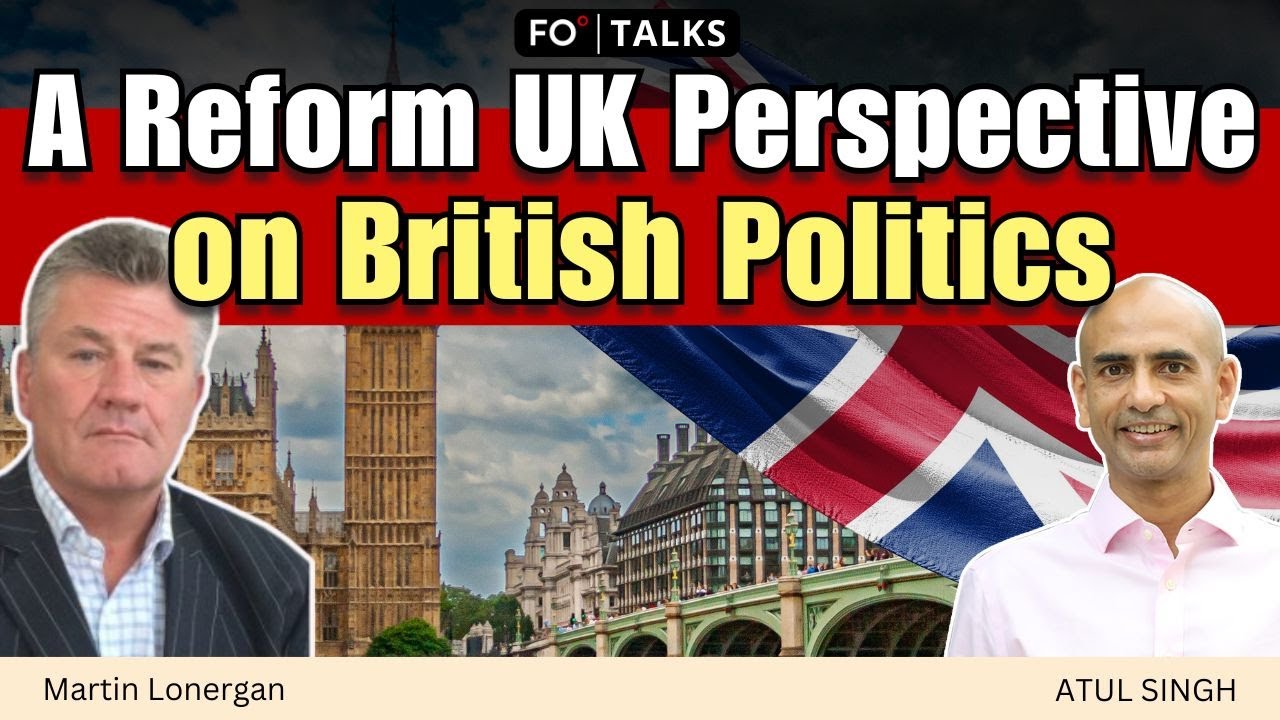



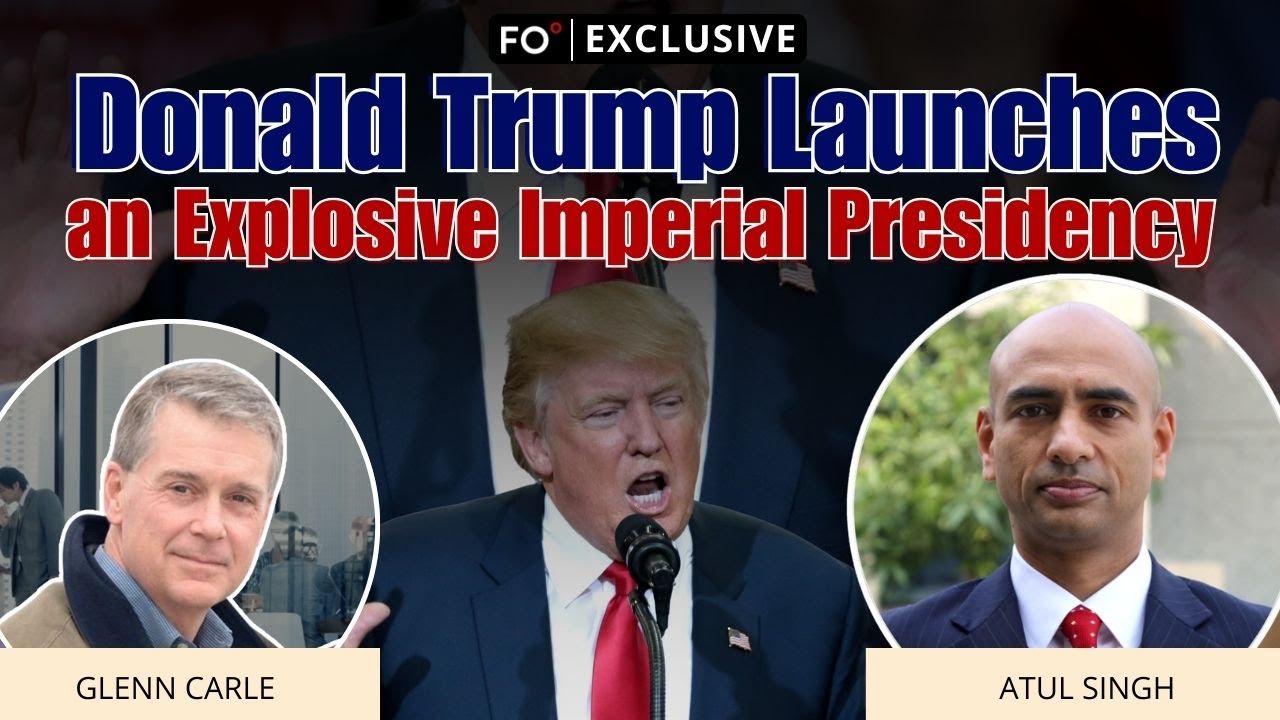
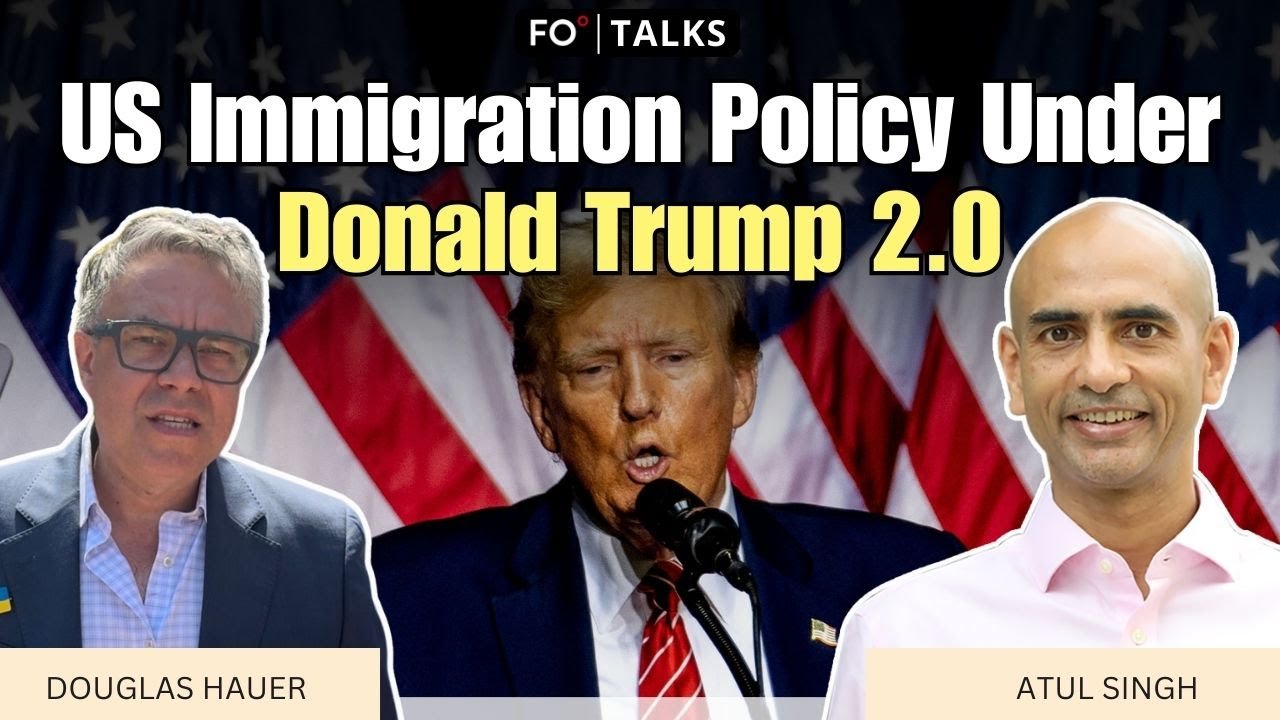







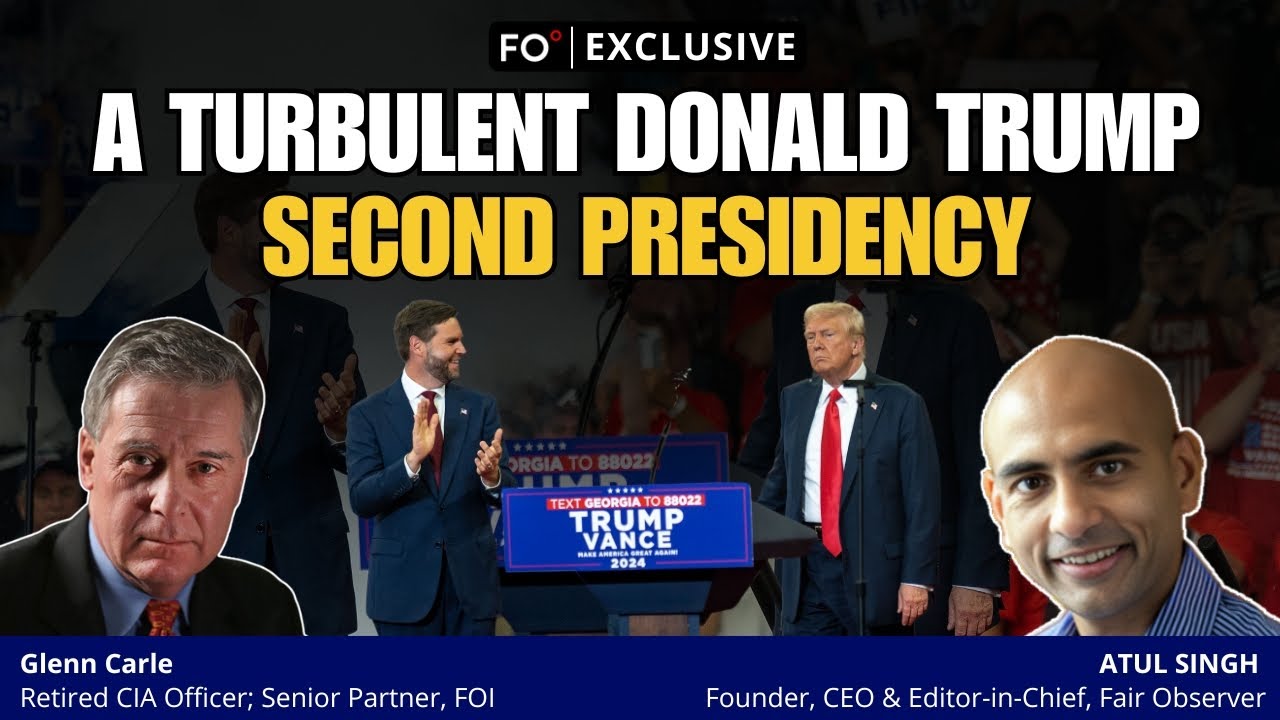




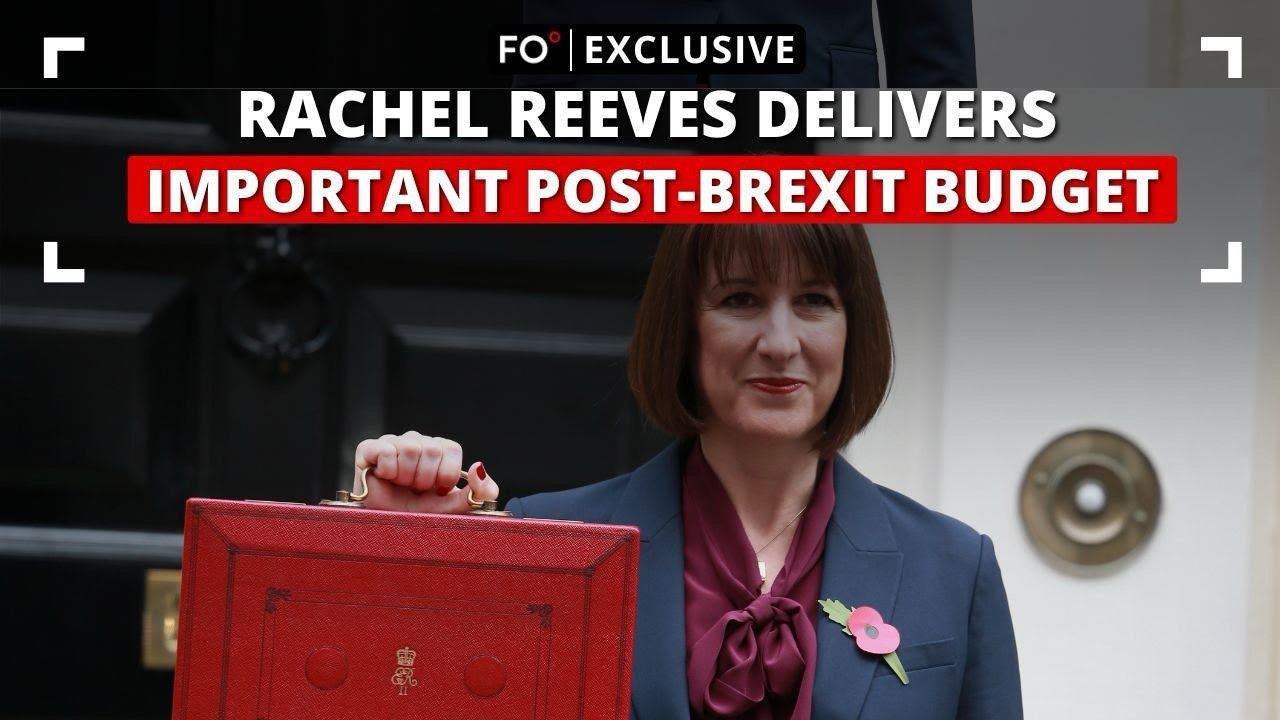






Comment